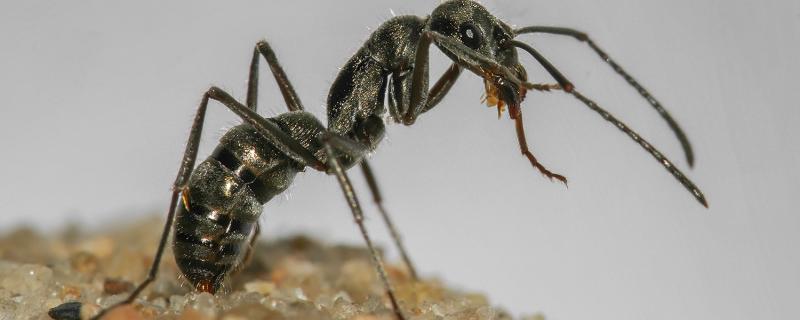Environmental conditions, not just geography, dictate which fish live where; however, each river has its own unique rules.
A new review reveals that rising global temperatures, increased pollution, and extreme weather events are driving a global surge in eye diseases, disproportionately affecting vulnerable communities and challenging healthcare systems.
Roorkee/






![[Image Credits: Dr. Debottam Bhattacharjee] Who is at the centre of a dog’s world? It’s humans more than dogs!](/sites/researchmatters/files/styles/large_front_800x320/public/dog-human.png?itok=ZpbsYTpu)
![A representational image of a lab-on-chip [Image credits: National Institute of Standards and Technology / Public domain] New fabrication techniques for diagnostic devices of the future](/sites/researchmatters/files/styles/large_front_800x320/public/alzheimer_22jul.jpg?itok=KYfAwEg-)
![A free-ranging dog amidst a market [Image credits: Shubhra Sau] With humans around, dogs on the street tend to be friendlier](/sites/researchmatters/files/styles/large_front_800x320/public/image1_12.png?itok=ewUASeMC)
